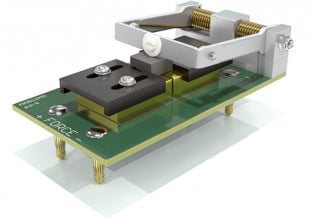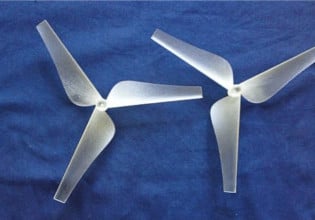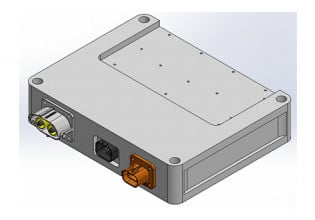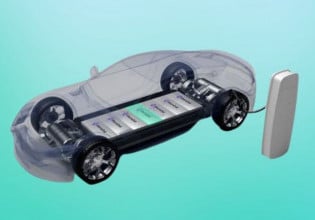Huntkey Safety Lab and EMC Lab Receive Accreditation from UL, TUV & NEMKO
Huntkey Enterprise Group announced that its safety laboratory and EMC laboratory received accreditation certified by UL, TUV and NEMKO successively. Receiving these accreditations will tremendously shorten the accreditation cycle of product R&D and accelerate the public listing of Huntkey products.
Laboratory accreditation refers to authorization by the government or stipulated by law officially certifying that a testing and calibration laboratory and inspection body are capable of completing specific tasks, which means the laboratory has the required management and technical capabilities to fulfill assignments in specific fields. Therefore, testing reports issued by the safety laboratory and EMC laboratory have the same status as those of UL, TUV and NEMKO. With these authorizations, applications for product certifications can be made internally and will be accepted by most countries in the world.
Huntkey adheres to product innovation and independent R&D. Moreover, great importance is attached to technical R&D, and laboratory construction constitutes a very important aspect in the technical R&D system. The success in getting the laboratory accreditation represents a new height achieved in terms of laboratory management, which improves the overall R&D of Huntkey and its product quality.
UL, TUV and NEMKO are all members of the International Laboratory Accreditation Cooperation (ILAC) and its authority has been acknowledged throughout the world. So the lab accreditation applied by Huntkey safety and EMC laboratories plays a great role in promoting our company and the whole industry.
Safety is an international standard designed to protect consumers and end users from any potential product dangers, such as electric shock, fire, mechanical hazard, radiation, chemical risks or thermal energy due to the product design. Assessment of the above risks and safety accreditation demonstrate that the product is safe and reliable.
EMC, or Electromagnetic compatibility, is a science based on how various electrical equipment performs together without degradation in a limited space, time and spectrum of resources. Put another way, a product’s performance will not be reduced and the functions not forfeited nor damaged due to the surrounding electromagnetic environment, nor will the excessive electromagnetic energy accumulated in the neighboring environment affect the normal operation of the equipment nearby. Since electronic system noise reduction technology appeared in the mid 1970s, the current American FCC and EU CE came into being mainly because the Federal Communications Commission and EU established related standards for commercial digital products in 1990 and 1992 respectively, which required companies to ensure their products comply with susceptibility and emission standards; the 3C accreditation in China on EMC is also imperative.






